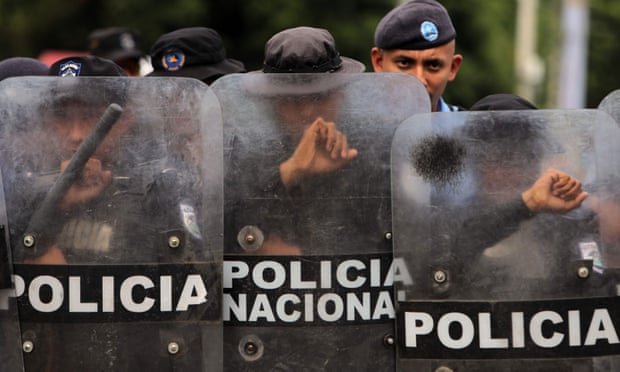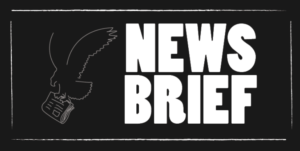On Feb. 9, around 222 inmates considered political prisoners of the government of Nicaraguan President Daniel Ortega flew to Washington according to U.S. Secretary of State Antony Blinken.
From around 1821, when Nicaragua gained independence from Spain, until 1933, the U.S. imparted them reliable financial habits to lead them to economic progress while maintaining their own interests – getting the U.S. dollar to rival the then-dominating London pound in international trade. In exchange for loans to their government, the U.S. was effectively able to choose Nicaragua’s president, including the fraudulent election of Anastasio Somoza in 1937.
Somoza’s family would remain in power for the next 43 years until the 1959 Cuban revolution sparked one in Nicaragua. The Sandinista National Liberation Front (FSLN) began and grew into the 1970s when the country fell into a civil war against Somoza’s iron-fist rule and the human rights abuses committed in his name. As news spread of these acts, coupled with Somoza’s assassinations of high-profile Sandinista-sympathizers, the U.S. elected to distance itself and leave Somoza to face matters on his own.
In 1979, the Sandinista force surrounded the capital, forcing Somoza’s resignation.
However, the new Sandinista government was brutally intolerant of dissent and those who spoke against them, sparking a counter-revolutionary force: the Contras. Despite the smuggled support from U.S. President Ronald Reagan, the Contras failed to gain meaningful momentum.
Current Nicaraguan President Daniel Ortega was first elected in 1984 then lost to an opposing party in 1990 before being re-elected in 2006. The next significant shift came in 2016 when the Sandinista party found themselves with a 79-percent majority in congress, allowing Ortega to fast track institutional changes, control the army and police, legislate by decree and run for re-election indefinitely.
Still intolerant of dissent, crackdowns on 2018 protests turned extremely violent, leaving 300 dead and 2,000 injured.
777 were arrested according to the Inter-American Commission on Human Rights (IAHCR). Many were subjected to torture, electric shocks, asphyxiation and rape in prison. In total, 103,600 sought global refuge as they fled Ortega’s regime, with about two-thirds of that figure going to Costa Rico, Nicaragua’s neighbor.
Ivan Briscoe, the Latin American director of the International Crisis Group, an NGO aimed at resolving conflict, said the level of exodus from Nicaragua to Costa Rica “has not been seen at that speed or level” since the war.
Ahead of November elections in 2021, security forces arrested seven potential presidential contenders, leading to Ortega’s fourth consecutive term.
Ortega has said his imprisoned opponents and others were behind 2018 street protests he claims “were a plot to overthrow him.”
Several opposition leaders were sentenced to prison for “conspiracy to undermine national integrity.”
Then, on Feb. 9, 2022, Nicaragua’s Congress unanimously voted in favor of allowing “traitors” to be stripped of their nationality, though it will require a second vote in the next legislative session.
The same day, 222 prisoners were “deported.” The latest count of “political prisoners” by Nicaraguan opposition tallied to 245; it is not yet clear who was not released, according to NBC news.
Wilma Nuñez, president of the Nicaragua Center for Human Rights, said in a statement that while the prisoners’ release was welcome, “deportation is a legal term that applies to foreigners who commit crimes in a country. They want to call exile a deportation, which is absolutely arbitrary and prohibited by international human rights norms.”
Still, it remains a step in the right direction according to Blinken.
“The release of these individuals, one of whom is a U.S. citizen, by the government of Nicaragua marks a constructive step towards addressing human rights abuses in the country and opens the door to further dialogue between the United States and Nicaragua regarding issues of concern,” Blinken said.












Be First to Comment